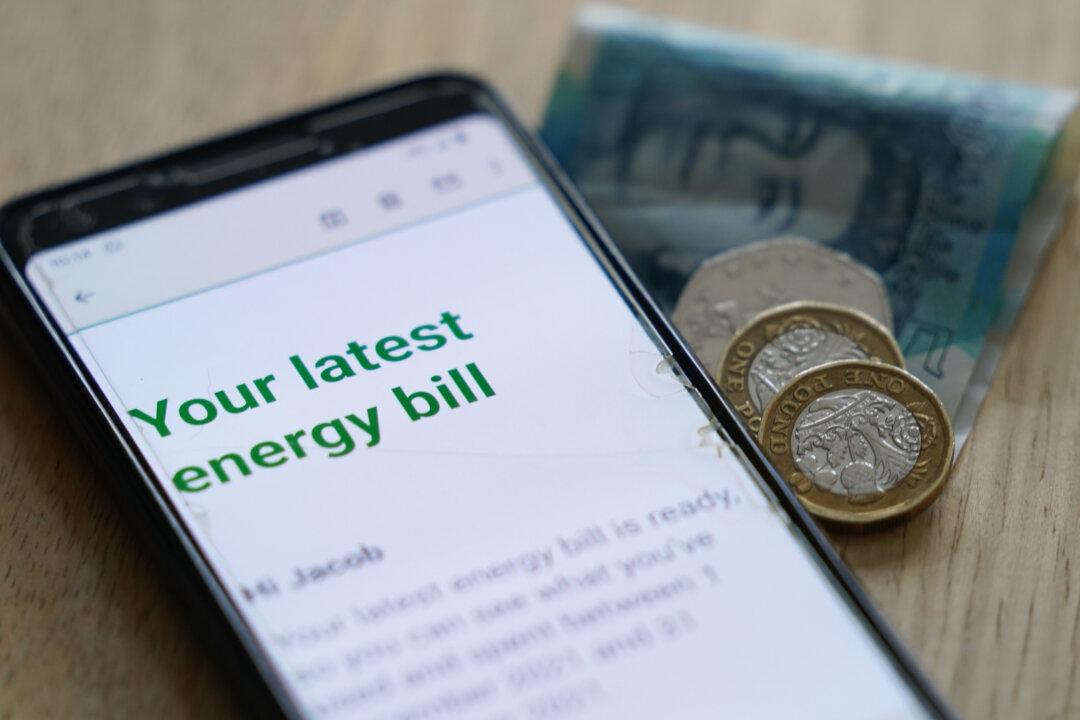Ofgem has lowered the cap of typical household bills to below £2,000 for the first time since Russia invaded Ukraine.
In the three months from Oct. 1, the energy price cap will be £1,923, down from the current level of £2,074, for customers paying via direct debit.





